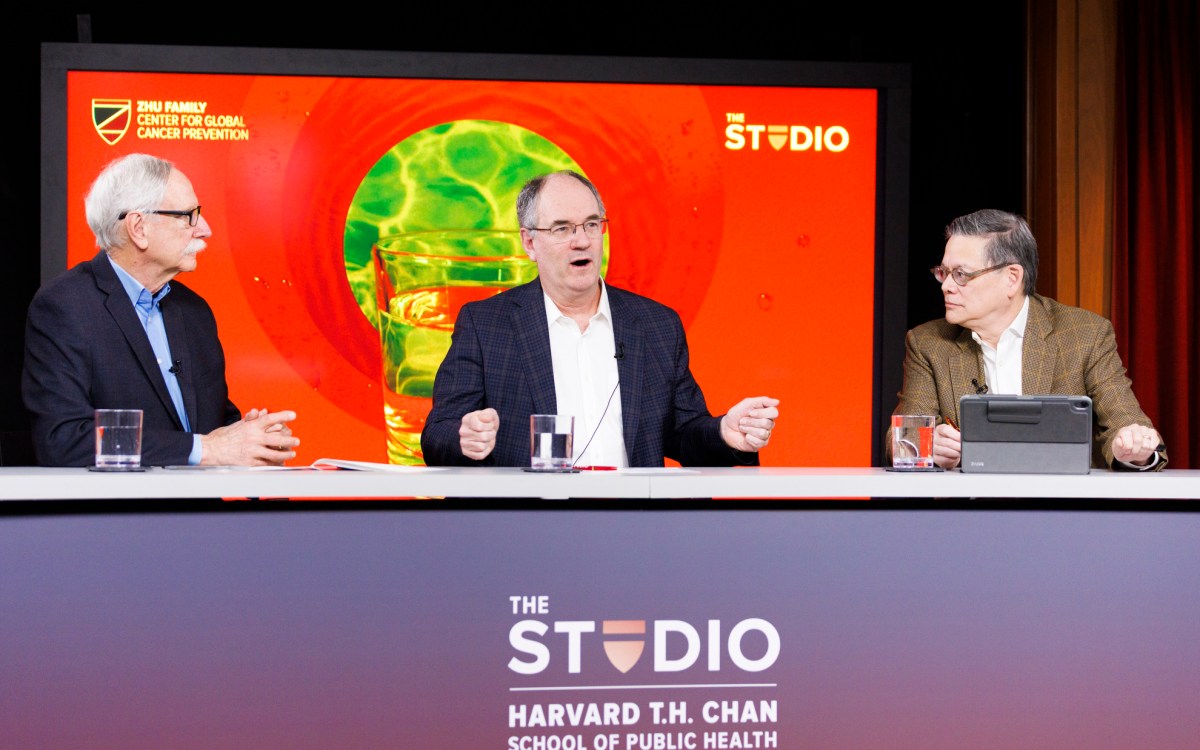Harvard Kennedy School faculty reflect on the death of Kim Jong Il
The death of North Korean leader Kim Jong Il brings up many questions about the future of the communist country and the Korean peninsula as a whole, where remnants of the cold war are still felt.
“Internally, the North Korean regime will need to show consistently that they’re in command since the U.S. and South Korean militaries are prepared to respond to instability,” said John Park, Belfer Center fellow and senior program officer who directs Northeast Asia projects at the U.S. Institute of Peace. “Washington and Seoul’s concern is that instability will lead to a breakdown of command and control in a country that has active nuclear weapons programs. Beijing’s major concern is a massive outflow of North Korean refugees into the Chinese provinces in the border region.”
In terms of the U.S. strategy in North Korea, Nicholas Burns, the Sultan of Oman Professor of the Practice of International Relations and former U.S. undersecretary of state said, “I think sitting tight is very important, expressing strong support for the South Korean and Japanese governments, making sure the North Koreans realize the strength of our alliance. I think that’s where the [Obama] administration is putting its attention and that’s what it should be doing.”
Joseph Nye, Harvard University Distinguished Service Professor, writes, “In the short term of months, I do not expect great change in Pyongyang, but over the next year or so, Kim Jong Un [Kim’s son and successor] may find it difficult to consolidate his power with the old guard, particularly in the army.”





